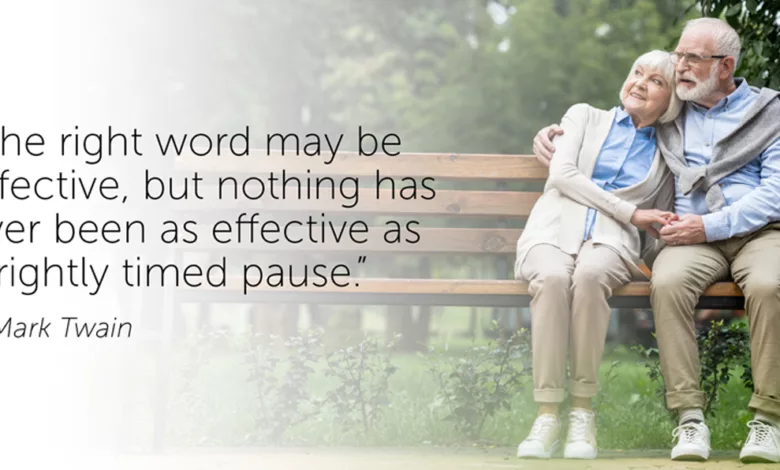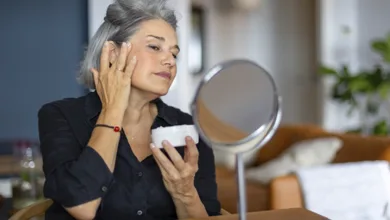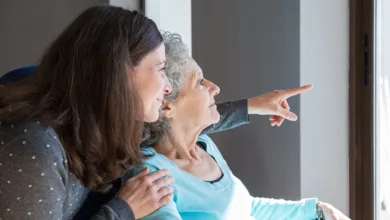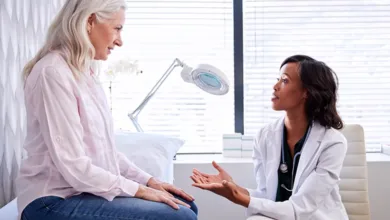Diagnosed with Alzheimer’s, Now What? Push PAUSE

For most people receiving an Alzheimer’s diagnosis, time seems to stand still while life swirls around them.
At Center for BrainHealth we believe life is not over with a diagnosis of Alzheimer’s. Our goal is to help families realize their continued potential and enjoyment of life while they forge a positive path in the midst of a diagnosis.
Each stage of this disease has different challenges. The following suggestions are intended to help families starting on this journey push pause move forward with intention.
5 Things to Focus On After a Recent Alzheimer’s Diagnosis
1. Plan.
Make a plan. An Alzheimer’s diagnosis can be overwhelming, so, rather than concentate on what cannot change, focus on what can change. Make a list of action items. Connect with organizations, like Center for BrainHealth, or with people on similar journeys. Initially, your plan may be practical as you take care of legal and financial necessities. By connecting with others, you will gain knowledge and wisdom to help at each stage.
2. Acceptance.
Part of acceptance is the willingness to share your diagnosis. Allow time to adjust to your new reality, but try not to let fear keep you from enjoying life. Some friends or family may pull away, but others may surprise you. You may need to say how people can help you now. Having a concrete idea (“Can you take Joy to get a manicure each week?”) can be an incredible motivator. This approach requires that you are willing to ask for and accept help.
3. Understanding.
“Once a person is diagnosed with Alzheimer’s, everything is suspect.” In the early years, people with Alzheimer’s have a great deal of insight into their difficulties and still want to feel a sense of purpose. Conversely, care-partners can sometimes help too much or have difficulty knowing when or how to help. Keep communication open. It takes understanding from both parties to find balance. A general rule: If the person is safe, let them try.
4. Support.
Acceptance is the doorway to support, and support makes us stronger by distributing the load. Some of the best people to have on your team are people who are on the same journey. There is nothing like sharing what you are experiencing with someone who truly understands, or hearing someone put your thoughts into words and somehow make sense of your feelings.
5. Education.
Educate yourself on Alzheimer’s, but realize not everything you learn will be your reality. Every journey is different. Yes, there are similarities, but also differences, as well. Try to view what you learn as a resource rather than a verdict.
BrainHealth is here to help families with an Alzheimer’s diagnosis or individuals who have noticed changes in themselves or a loved one. Please contact us if you want some help to push pause, consider a new perspective, and decide what to do now and in the future.





